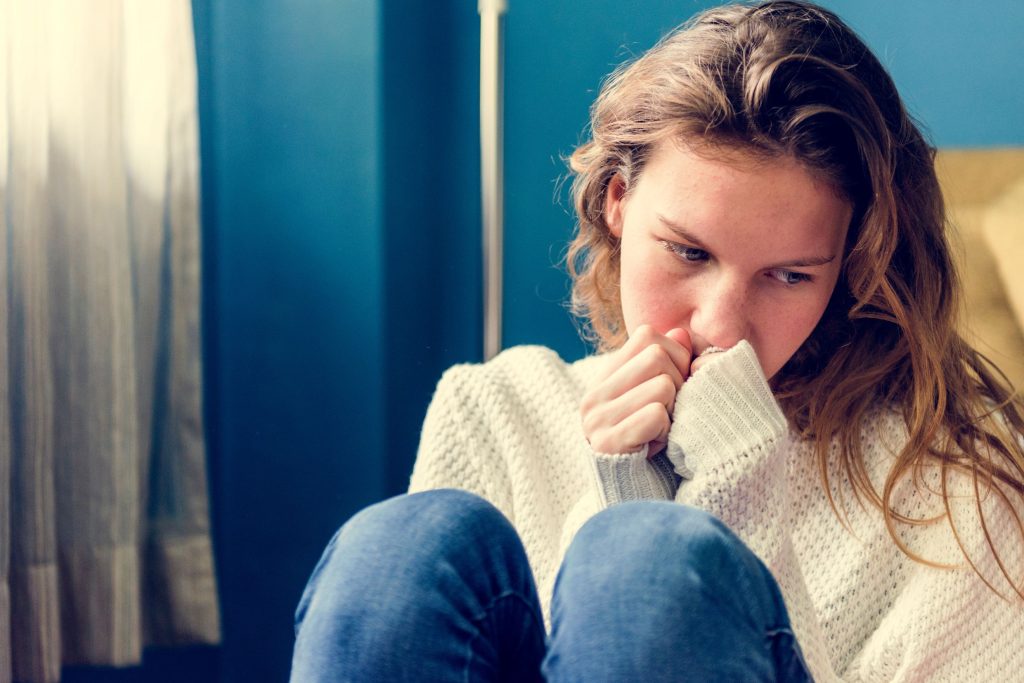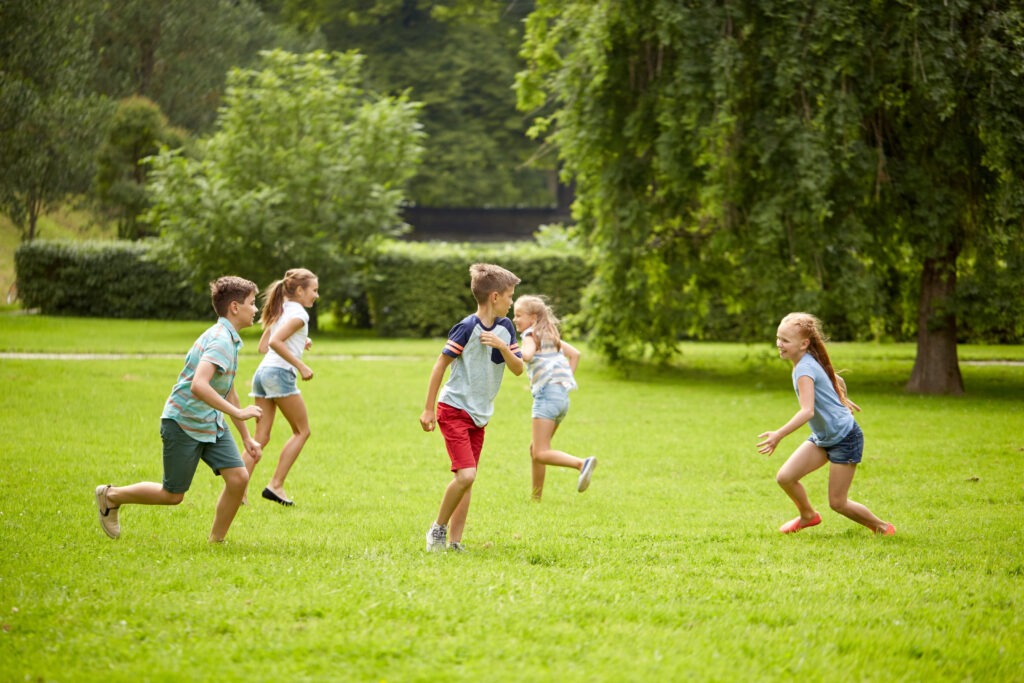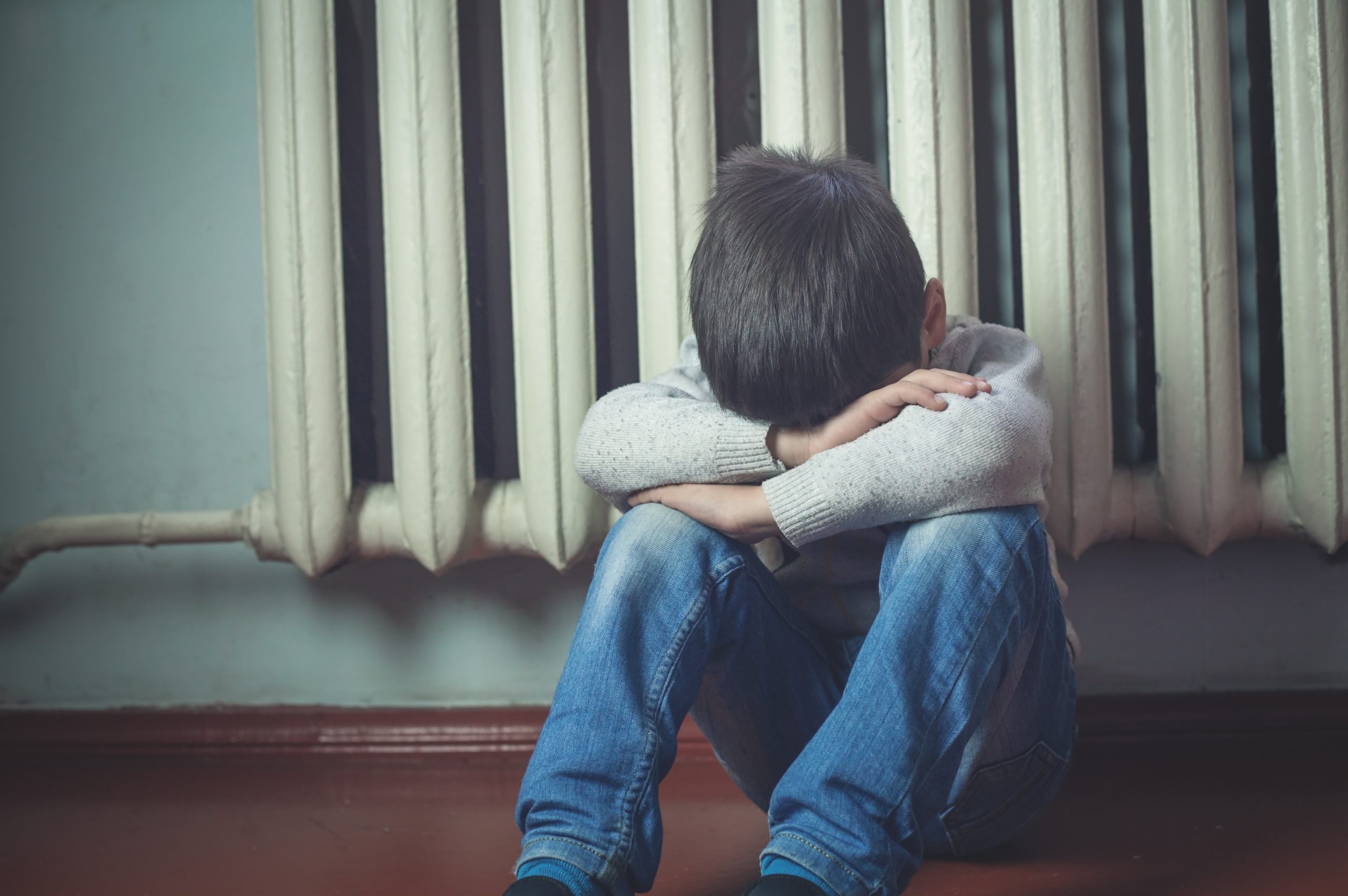Change is an inevitable and necessary part of growing up. With every change there is an element of loss, even when the changes are welcome.
Whether it is the grief that comes with the loss of a favourite toy as a child or the death of a beloved grandparent, change creates difficult transitions. We are in the middle of unprecedented change right now during the Coronavirus pandemic. Navigating these changes and knowing how to support others – particularly children and young people – is no easy task.
Loss from the perspective of a young person

Supporting children and young people through loss requires us to consider how they react to change. In particular, there are four key themes to think about:
- Children and young people deal with change and loss in their own way, and at their own pace
- There is no timescale for ‘getting over it’. Often parents/adults feel that they need to come up with a quick fix when a child suffers loss. However, a willing ear and the assurance of our support is enough to help a child start to process their emotions
- There are no right or wrong emotions for a child to experience
- There is no right or wrong way to react to loss: some children and young people will want to be alone, others will seek out company. Some will lose interest in activities or throw themselves into them. Some will not even shed a tear, while others cry frequently.
Practical ways to help children and young people deal with change
- Listen: listen to them and do your best to understand what they are feeling. In doing so you will let them know that they, and their feelings, matter
- Affirm: let them know that what they are feeling and experiencing is completely normal. Try not to force them to feel a certain way following a loss
- Flexibility: be prepared to accommodate a range of behaviours but maintain appropriate boundaries to protect the child/teenager and those around them.
Jumping in and out of grief

Loss can be experienced and expressed differently depending on the age of a child or young person.
Young children may jump in and out of grief; one minute they are sad and crying, and the next wanting to play with friends. In other instances, they may not even seem to react much at all.
This can be a little bewildering for adults, but it is not a sign they do not care. Like all of us they will have their own way and pace of processing things and letting them know this is ok is helpful.
Children may also include themes of loss and death in their play. This can be difficult as we might feel it is morbid or disrespectful and want to discourage this. However, play is one of the ways children express different emotions safely and make sense of the world. If we allow space for this and show interest it will let them know it is not a taboo subject.
Anger? Pushing boundaries? Withdrawal? Expect them all
Teenagers may have their own particular reactions to change and loss, like getting angry and pushing boundaries, withdrawing or questioning the point of everything.
Listening and understanding are again important, well as giving clear, honest answers to any questions they might have. Being understanding and caring whilst keeping normal routines and boundaries will help them feel safe.
Support for families dealing with loss
As we go through change and loss with children and young people, it can be hard to find space for our own grief at the same time as supporting them.
The Spark provides online and face-to-face counselling for adults, children and young people. Counselling is an effective way to give time and space to dealing with change, loss and bereavement.

